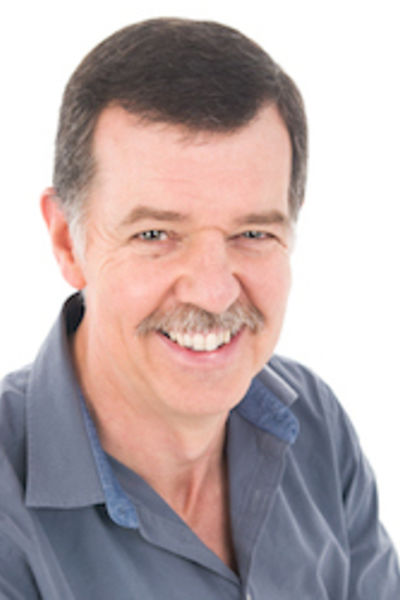Meet the therapist series: Martin Weaver
Why did you become a Psychotherapist?
It’s the way of working that best suits my values and beliefs. Although I believe that ‘community’ is where we are most healthy, both physically and mentally, I also believe that it is ‘individuals’ that make up the community. Working with individuals is best way for me to ensure that the community is healthy and flexible enough to meet the demands that the world brings to us. Community is where we enjoy the happiness and contentment of the company of others as well as give and receive the security and love that we need so much.
What do you find interesting and attractive about the profession?
What I find interesting and attractive about the profession and in fact fascinating, is the chance to find out about how we as people live and communicate in the world and then teach that to people who want to make a change. There is time to explore what it is that makes us human and how over history that has evolved. What happens to us in our families, and down the generations, affects us as much as what is going on around us today. The same is also true for our cultural history, and this job allows me, us, to explore them both, learn what we can from those experiences and stories to help us heal the past and make positive changes for the future.
What is your general philosophy and how would you use that to approach a normal session?
My general philosophy is that people are doing the best that they can with what they have. Which raises the question for me – what’s missing? What does this person need, that I can offer, that will help them either understand how they have become who they are, heal past trauma or discomfort and so provide new skills and insights for them to get more of what they want?
What is a ‘normal session’? Each session is unique. Some sessions build upon previous insights or the application of a new skill and sometimes the carefully prepared plan we have agreed has to be set side in the light of new experience or evidence.
The simple answer to the question is: flexible, within certain boundaries.
Who would you normally work with?
Anyone who is prepared or willing to work with me. In general terms this has been adults from 16 upwards. I have no experience, although some training in working with children.
I only speak English and yet for some people, especially those recovering from trauma, silence may be an important aspect of our work.
I find at the start most people most of the time do not have the words to describe what has happened or been done to them so we may spend some time learning how to speak to each other – what words to use and how to describe and interpret the feelings and physical sensations they are experiencing.
What are your strengths as a Therapist?
That’s probably a question best asked of my clients. Very often the qualities that we think we have are not those recognised or valued by the client.
However, I would say:
I am an optimist
I like people
I want to help
My life experiences through the AIDS crisis in the 80s has given me a secure sense of myself with a high degree of resilience to other people’s distress and pain.
I have an active interest in the ‘how’ of our lives; how we interpret our experiences, how we put into practice the values and beliefs that we have, how we came to have those very values and beliefs – and I am willing to ask strange and unusual questions so that we can uncover the ‘how’ and therefore I can offer new perspectives and options.
I am one of life’s extroverts which I believe gives me strength and a willingness to engage – which I also appreciate is not comfortable for all clients or colleagues!
What do you want for the future of Therapy?
For therapy to grow beyond the tribal nature of the training where it is now so that it can be more accessible for more people and have greater breadth to the way it engages the issues that it covers. That will only happen when therapists stop trying to define themselves alongside the medical doctors and recognise that we are better suited to the teaching profession.
We don’t treat patients or ‘conditions’ we teach our clients – and very often they teach us.
More about Martin:
Martin has over twenty years experience of working in private practice, is accredited with the United Kingdom Council for Psychotherapy (UKCP). He is qualified to Master Practitioner standard in NLP is an INLPTA certified NLP trainer and holds a Postgraduate Certificate in the supervision of counsellors from the University of Birmingham. Martin offers both in-Person and online therapy.



